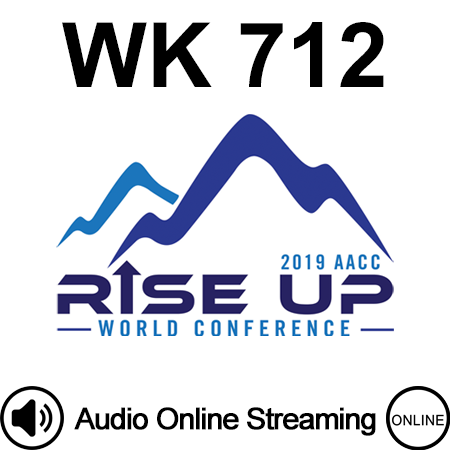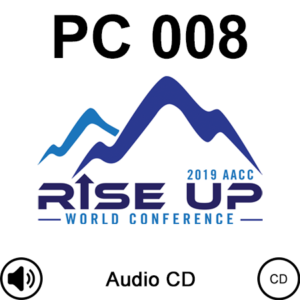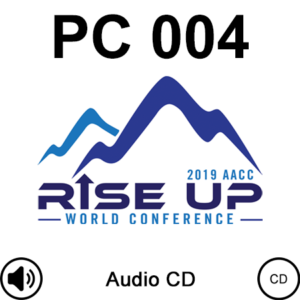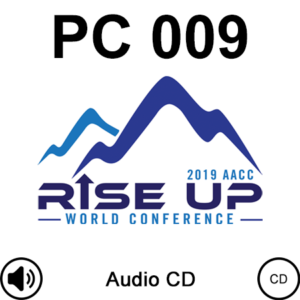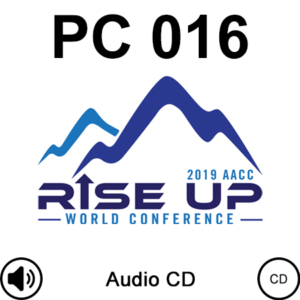Description
Recent legislation introduced in the United States, and abroad, to restrict ???conversion? or
???change? therapies for clients under the age of eighteen has brought upon increasing
challenges for Christian families with children who identify as lesbian, gay, bisexual,
transgender, questioning (LGBTQ), or experience unwanted same-sex attractions or gender
identity conflicts. Currently, fourteen states, the District of Columbia, and over forty-five cities
have passed laws to prohibit such therapies, with more legislation being introduced every year.
While reports of abuse and/or forced therapy with licensed clinicians are hard to verify,
outcome studies on the effects of ???conversion? or ???change? therapy for minors have not been
published in the scientific peer-reviewed literature, and even less is known about successful
therapeutic interventions for religious and/or rejecting families of such youth. With the
increasing scrutiny brought about by such laws, licensed mental health practitioners should
consider adopting innovative models of family systems therapy in order to safely and effectively
work with sexual minority youth, and their families. This presentation discusses one such family
systems therapeutic model, while also addressing several important ethical considerations for
working with Christian and/or rejecting families of sexual minority youth.
Presented by: Christopher Doyle, M.A.
Learning Objectives
Participants will:
- Discuss the experiences of sexual minority youth raised in religious families and what research shows about their mental health treatment
- Describe the outcomes of children and adolescents in mental health treatment: what research shows and does not show
- Explore and apply a new therapeutic approach to ethically and safely work with families that are struggling with teenagers and/or adult children experiencing sexual and gender identity conflicts and/or identify as lesbian, gay, bisexual or transgender

